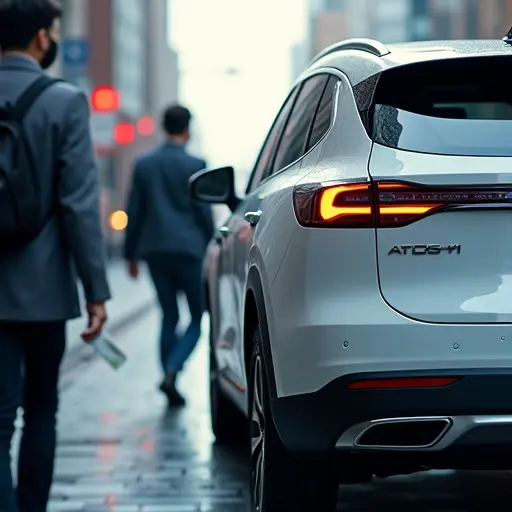The EV market is embroiled in a tariff war, with the U.S. and China imposing steep taxes on imports. These measures aim to boost domestic production but risk slowing global EV adoption and innovation.

Tariff Wars in the EV Market: How Taxes Are Shaping the Future of Battery and EV Production
The electric vehicle (EV) market is at the center of a growing trade war, with tariffs and taxes being wielded as weapons in the battle for dominance in battery and EV production. The Trump administration's aggressive tariff policies, particularly targeting imports of steel, aluminum, and critical components for EV batteries, have reshaped the global trade landscape.
The Rise of Protective Tariffs
In early 2025, the U.S. imposed steep tariffs on imported goods, including a 25% levy on foreign-made cars and 50% tariffs on steel and aluminum. These measures were designed to boost domestic manufacturing but have led to significant price increases for consumers and businesses. The administration argues that these tariffs are necessary to protect national security and promote self-sufficiency, but critics warn of the long-term economic consequences.
Impact on the EV Industry
The EV sector has been hit hard by these policies. Battery production, which relies heavily on imported materials like lithium and rare earth elements, has become more expensive. Companies like Ford are scrambling to complete domestic battery manufacturing facilities to avoid these tariffs, but experts estimate the U.S. is still a decade behind competitors like China in this critical area.
Global Reactions and Retaliatory Measures
China, the world's largest producer of EV batteries, has retaliated with its own tariffs on U.S. goods, peaking at 125%. This escalation has disrupted supply chains and slowed the adoption of EVs globally. Meanwhile, the World Trade Organization (WTO) has ruled some of the U.S. tariffs as violations of international trade rules, further complicating the situation.
The Road Ahead
As the trade war intensifies, the future of the EV market remains uncertain. While tariffs may provide short-term protection for domestic industries, they risk stifling innovation and delaying the transition to sustainable transportation. Policymakers and industry leaders must find a balance between protecting national interests and fostering global collaboration.

 Nederlands
Nederlands English
English Français
Français Deutsch
Deutsch Español
Español Português
Português

